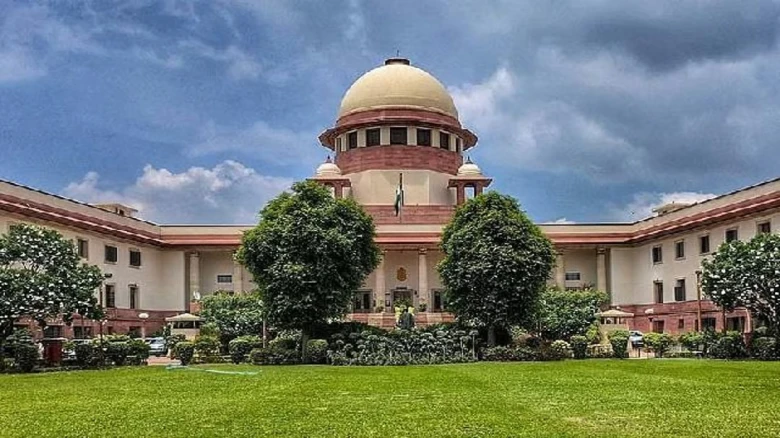North East

Supreme Court lawyer, Arif Jwadder filed the case claiming that since May 20, 2021, over 80 people had died in fake encounters Assam.
Digital Desk: The Supreme Court on April 30 expressed concerns during a hearing on a petition contesting a Gauhati High Court judgment about the investigations into purportedly staged encounters in Assam. The panel, which included Justices KV Viswanathan and Surya Kant, questioned if the Assam government was following the PUCL judgment's encounter inquiry criteria.
Supreme Court lawyer, Arif Jwadder filed the case claiming that since May 20, 2021, over 80 people had died in fake encounters Assam. The petitioner's attorney, Prashant Bhushan, contended that the Assam police had not followed the proper protocol following encounters, emphasizing that the state did not view the PUCL standards as mandatory for each encounter.
The court voiced concerns about the impartiality and transparency of the investigations and requested recommendations for how the state will go about enforcing compliance with the PUCL rules. In a notable request, the bench requested the names of retired judges and police officials who may review each case and recommend corrective measures for any infractions found.
The Assam Human Rights Commission was also directed by the Supreme Court to furnish records pertaining to the commission's initial investigations into these interactions, with particular emphasis on information regarding the officers who carried out the investigations and their conclusions.
In his appeal, advocate Arif Jwadder requests the establishment of Human Rights Courts in the state as mandated by Section 30 of the Protection of Human Rights Act, as well as an impartial probe into the purportedly staged encounters in Assam. The Assam DGP, the state law and justice department, and the Assam government are the respondents in this case.
Leave A Comment